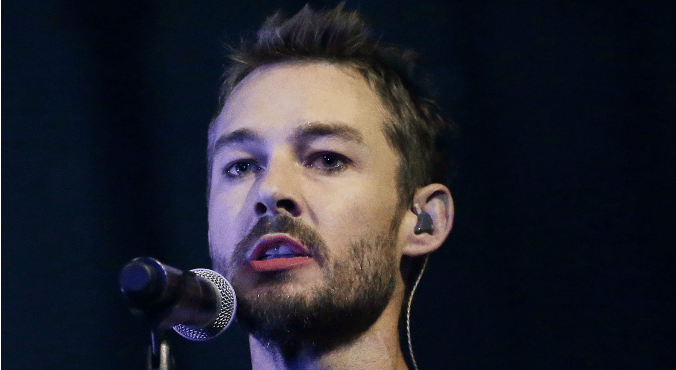By Suzannah Weiss for Ravishly.
When a loved one is suffering from an eating disorder, it’s normal to be desperate to help. Unfortunately, since eating disorders operate according to their own logic, your well-meaning words can sound like something completely different to the person.
When I was in recovery, members of my support group and I would commiserate about how the following phrases messed with our heads. Most stem from ignorance or impatience, and some would be perfectly nice compliments—if only they weren’t filtered through the lens of an eating disorder.
1. “You don’t look like you have an eating disorder.”
There’s no such thing as looking like you have an eating disorder. Some eating disorders involve overeating, some involve undereating, some involve bingeing and purging, and many include a combination of these symptoms.
Their appearance does not even reveal which of these symptoms are present, since different bodies have different set points that make weight gain or loss difficult despite changes in food intake. For example, some people can be overweight while still dangerously restricting calories.
Meshel Laurie talks about acknowledging an eating disorder on the latest episode of her podcast
Hearing “You don’t look like you have an eating disorder” is especially devastating because it echoes the broken record already playing through many minds: “You’re not thin enough.” It also neglects the psychological suffering that characterizes eating disorders and implies that those with less visible symptoms require less care or sympathy. In reality, eating disorders know no shape, size, gender, race, or age.




Top Comments
Number 5, Number 5, Number 5